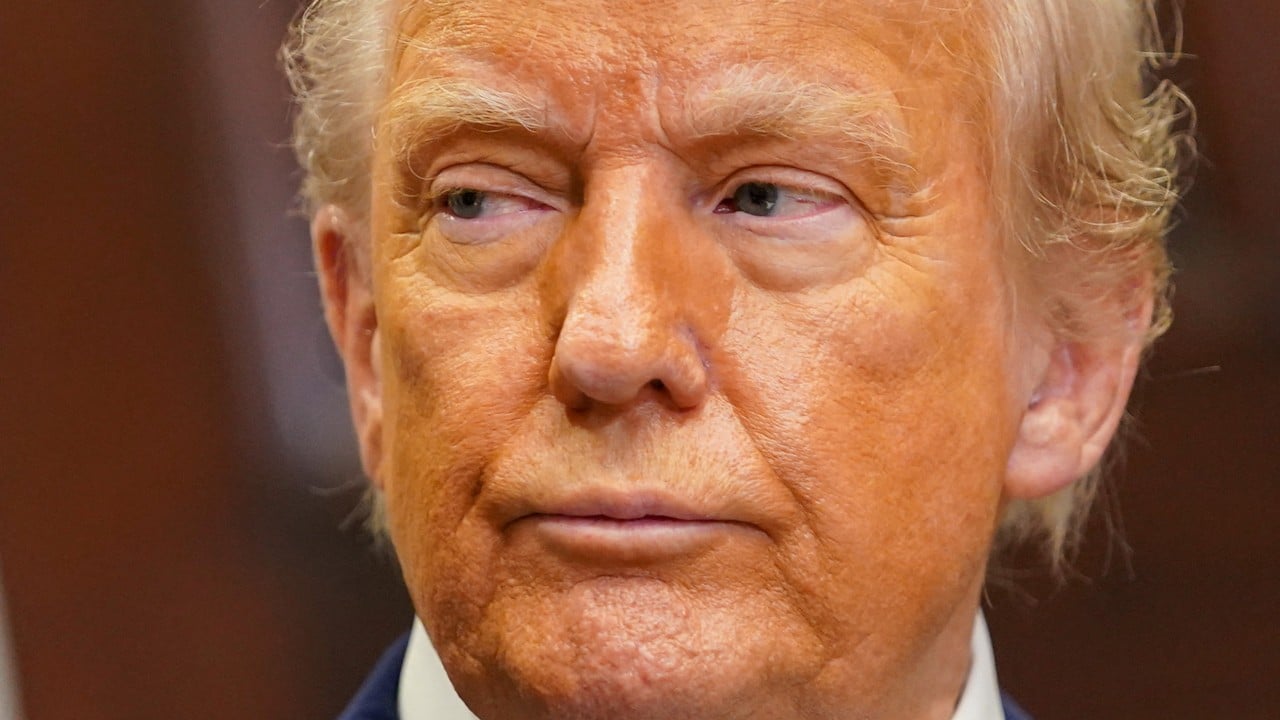Two Republican lawmakers in the US House of Representatives are asking Duke University to terminate its joint campus with Wuhan University in China over concerns about technology transfers and student “manipulation”.
Advertisement
Duke Kunshan University (DKU) was founded in 2013 as a liberal arts-focused joint venture between Duke and Wuhan, both frequently ranked among the top 10 universities in their respective countries.
In a statement in 2012, then-Duke president Richard Brodhead framed the project as a way to introduce China to “Duke’s signature strengths of liberal arts education” and to help American students become more “aware of a world of which China is a part”.
The campus in Kunshan, Jiangsu province, is home to about 2,000 students. In the spring semester of this year, it played host to some 1,635 undergraduates and 270 graduate students, according to DKU’s website. The school does not confer doctoral degrees.
Students receive a full degree from Duke University, in addition to one from DKU, which is certified by China’s Ministry of Education, and are often offered the opportunity to spend time at Duke’s campus in Durham, North Carolina.
Advertisement
Moolenaar, who chairs the House Select Committee on the Chinese Communist Party, and Walberg, who chairs the House Education and Workforce Committee, said DKU specialised in “high-technology fields with direct military applications” and, due to exchange opportunities, many of its students gained access to federally funded US research.
That, they argued, was a problem because of the Communist Party of China’s “well-documented efforts to exploit academic openness”.



